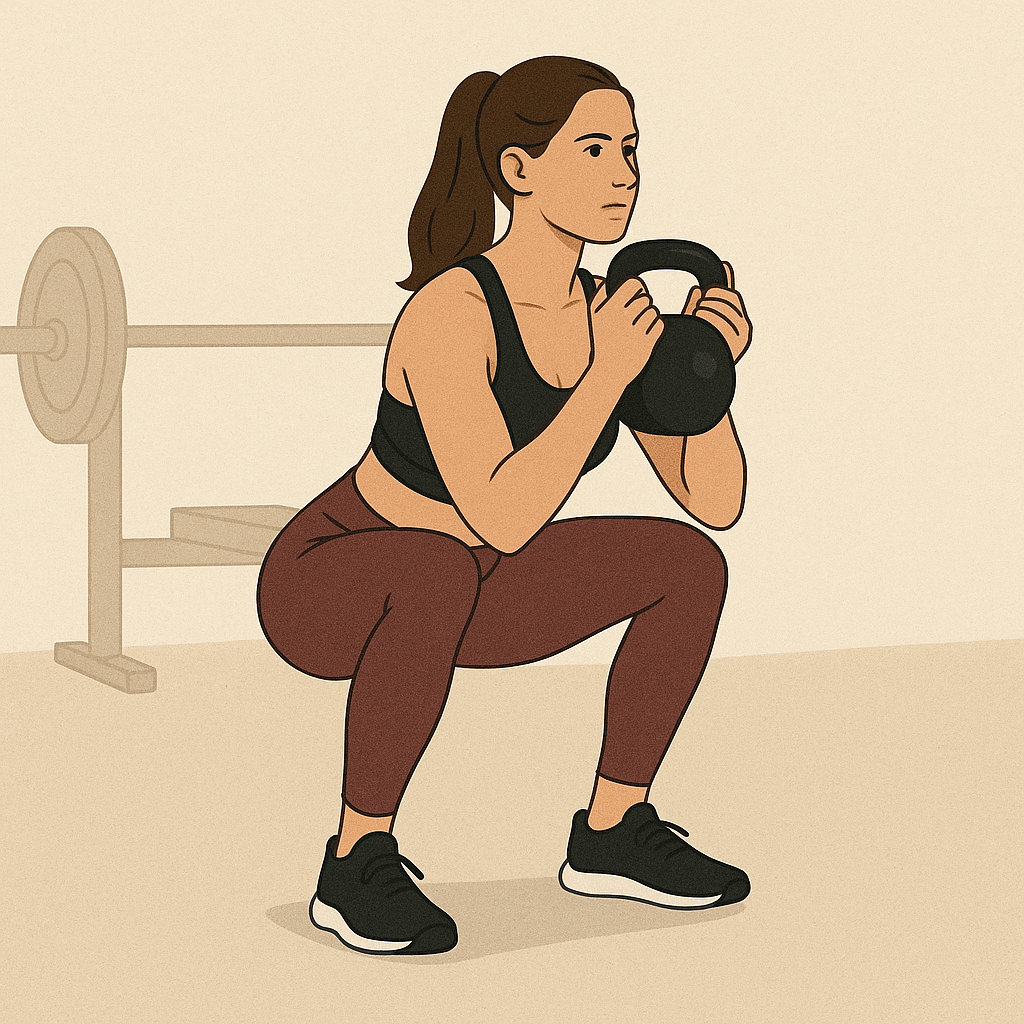Full-Body Workouts vs. Split Training: What Actually Works Best?
Confused between full-body routines and split training? This guide breaks down the science, pros, and real-world applications of each — helping you train smarter, not harder.

What’s the Real Difference?
The key difference lies in how your workouts are structured:
- Full-body: Each workout targets multiple major muscle groups.
- Split training: Muscle groups are divided across the week (e.g., chest/triceps, legs).

1️⃣ Strength Gains & Efficiency
Both can build muscle. But full-body offers more frequency and is ideal for busy schedules. A 2021 study found no difference in hypertrophy when weekly volume is matched.
Related:
2️⃣ Recovery & Overtraining
Full-body training spreads fatigue, reducing overload on single joints. Split routines risk overuse unless recovery is structured well.
Recovery tips:
3️⃣ Functional Strength in Daily Life
Full-body workouts mirror how we move in real life — using multiple joints and muscles together. Think squats, pushes, carries, and hinges.

Want more foundation?
4️⃣ Flexibility & Consistency
Life happens. With full-body, missing a day doesn’t mean skipping a body part. With splits, you may lose a key session entirely.
Which One Should You Choose?
| Your Goal | Recommended Style |
|---|---|
| Beginner or short on time | Full-body workouts 3x/week |
| Advanced hypertrophy goals | Split training 5–6x/week |
| Better recovery and balance | Full-body with rest days |
🛠️ Recommended Gear
📌 Final Thoughts
No one method is “better.” The right plan depends on your goals, schedule, and body. Both can work — but full-body is often the smarter place to start.
Want help building your weekly plan?
Subscribe to FitWisePro Weekly for free training templates, science-based tips, and recovery resources.


Leave a Reply